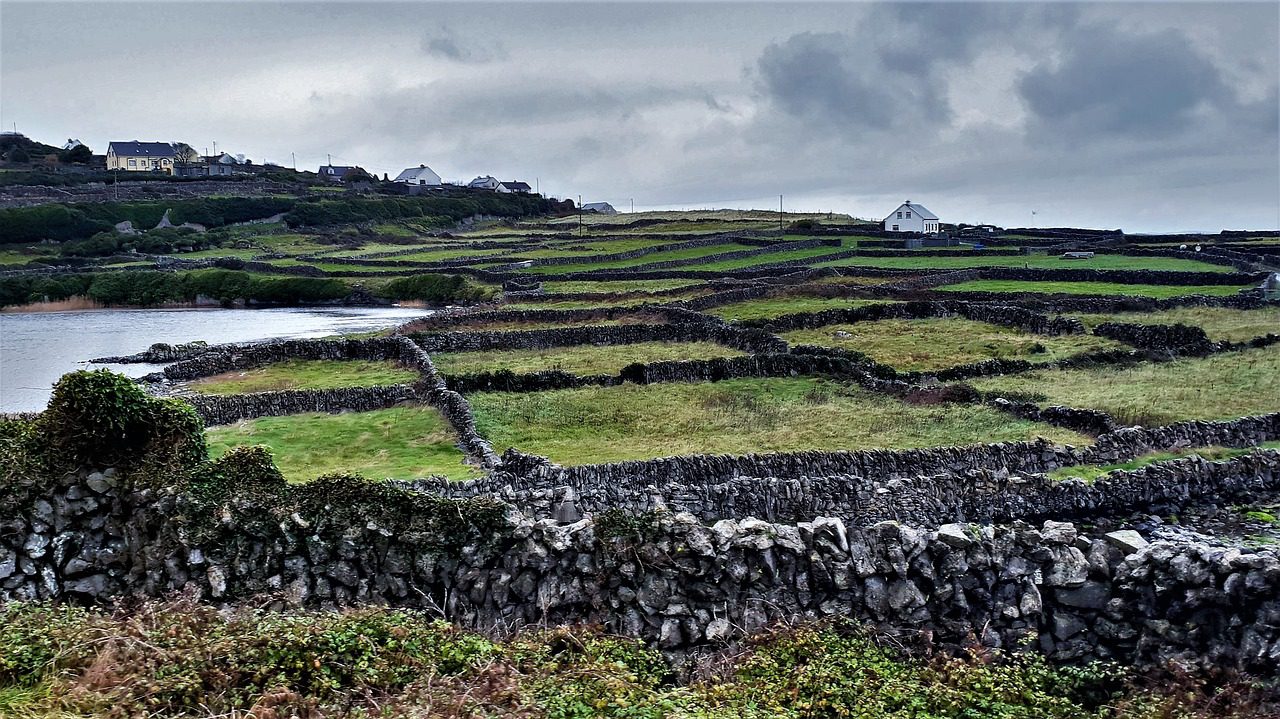Social Justice Ireland has released its election ‘briefing’ for rural Ireland in the run up to General Election 2020, which outlines the policies the organisation is calling for in the next Programme for Government.
In the document, Social Justice Ireland says that the type of rural Ireland “we should be planning for” is one where there are “viable rural communities in all parts of Ireland where people have access to meaningful work, adequate incomes and decent services and infrastructure”.
The briefing goes on to highlight some problems and issues in rural areas, including the fact that these parts of the country generally have: higher rates of part-time employment; lower median incomes; higher dependency ratios; and higher poverty rates.
Other issues Social Justice Ireland is highlighting include:
- The average travel distance for everyday services is three times longer in rural areas than in urban areas – or seven times longer for supermarkets, GPs and pharmacies;
- The drivers of the rural economy have become more diverse, involving agriculture, services, manufacturing and tourism, among others;
- Towns where employment is dominated by agriculture and manufacturing are at the highest risk of job losses due to automation;
- The lack of “quality” broadband is a “considerable barrier” to development in rural Ireland.
The organisation also puts forward a number of possible solutions to these issues, including “balanced” investment between regions.
Social Justice Ireland is also calling for rural development policy to be “underpinned by social, economic and environmental well-being”.
The document argues that the roll-out of high-speed broadband should be “prioritised”.
The briefing also calls for the following policies to be followed by any new Government:
- Investment in an accessible and “flexible” rural transport network;
- That future agriculture policy be based on sustainability and “short supply chains” for farmers and consumers;
- That development initiatives should “resource areas” that are further from urban areas “to ensure they do not fall further behind”;
- Investment in “human capital targeted education”, particularly for older workers and those in vulnerable employment;
- Establishment of a ‘”just transition” for rural areas impacted by low-carbon policies;
- Preparation for the impact of technology to manage any “upheaval” in the “future of work”.
Social Justice Ireland is also calling for “integrated supports” for rural entrepreneurs, rural enterprises and small and medium enterprises (SMEs).
Finally, the organisation calls for any new Government to “future-proof” rural Ireland.
